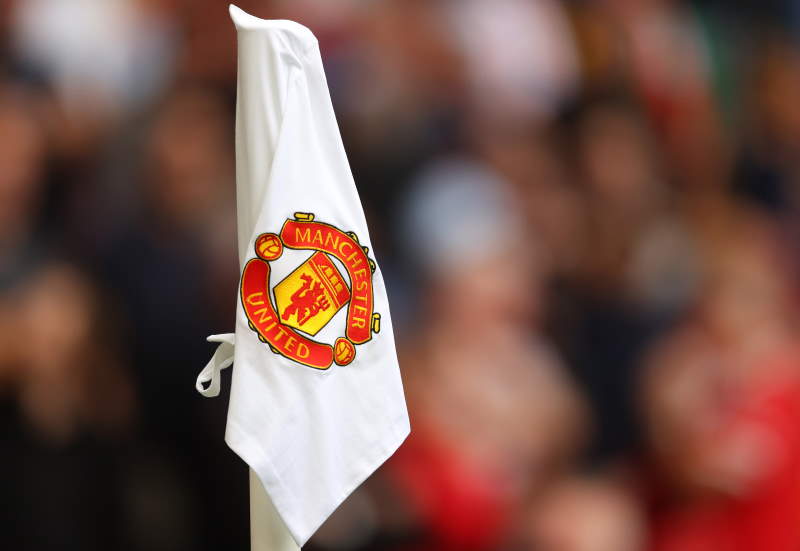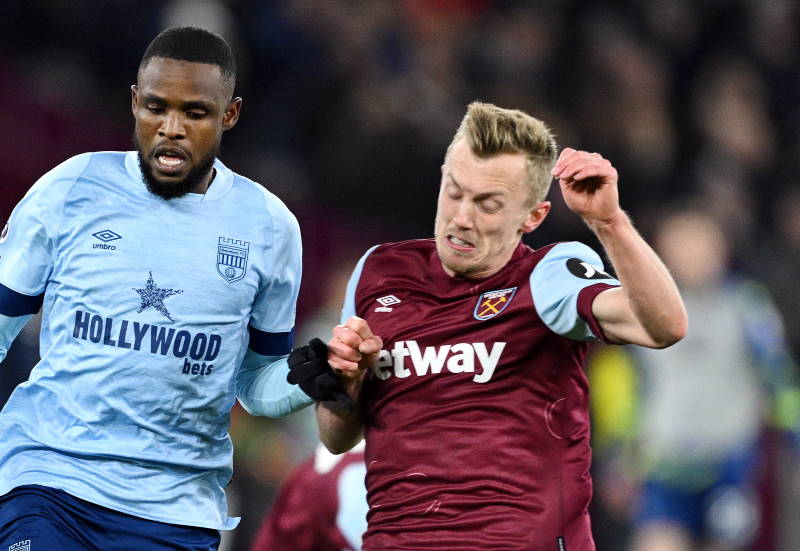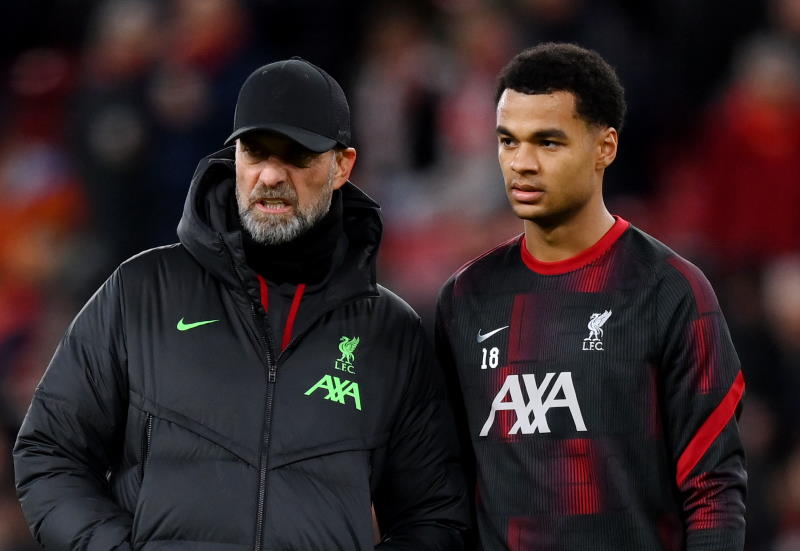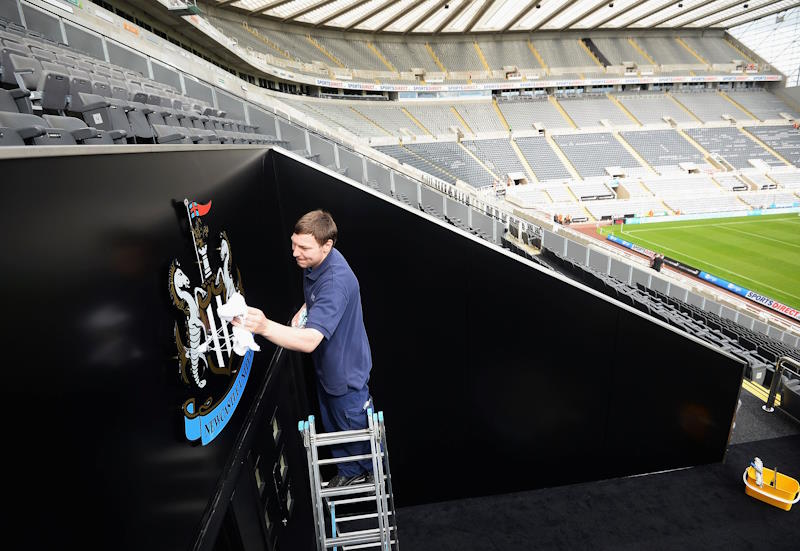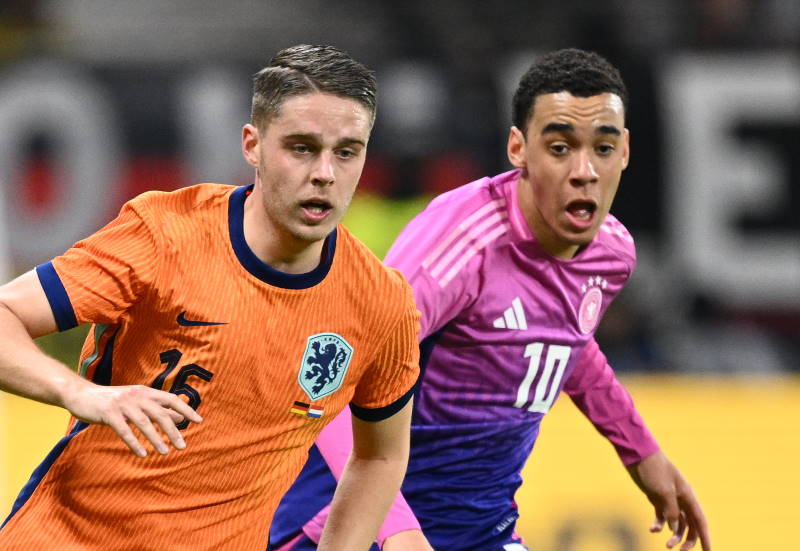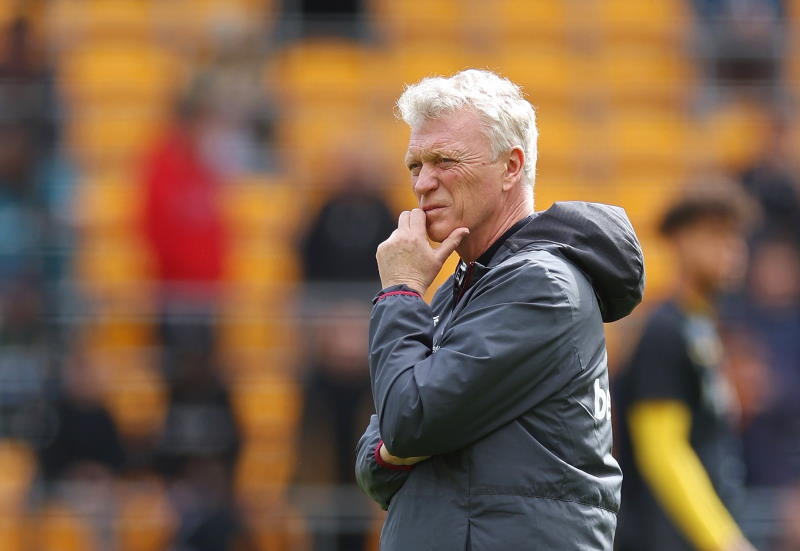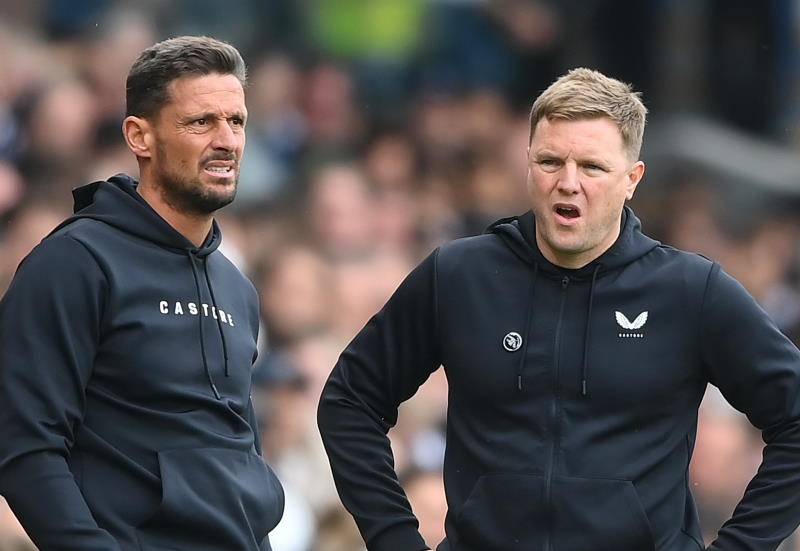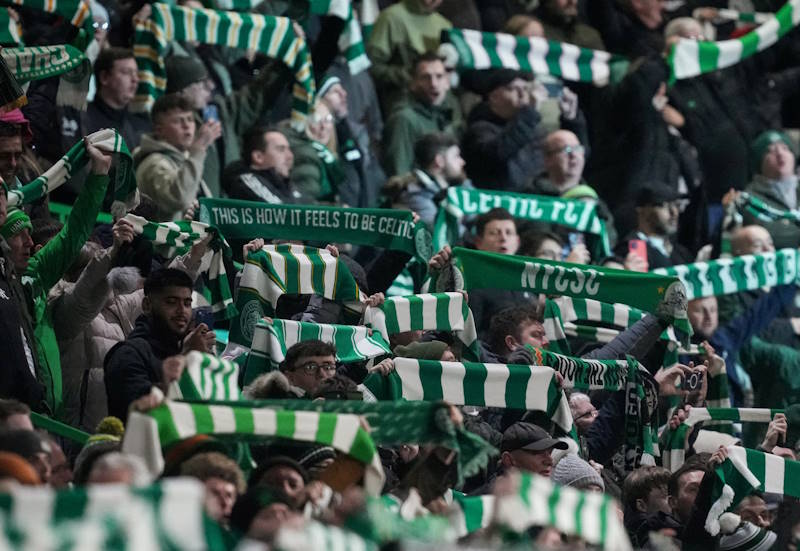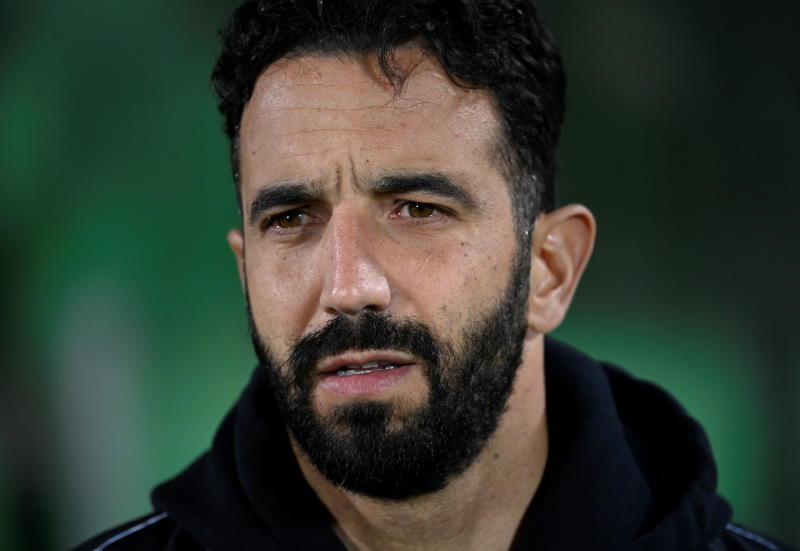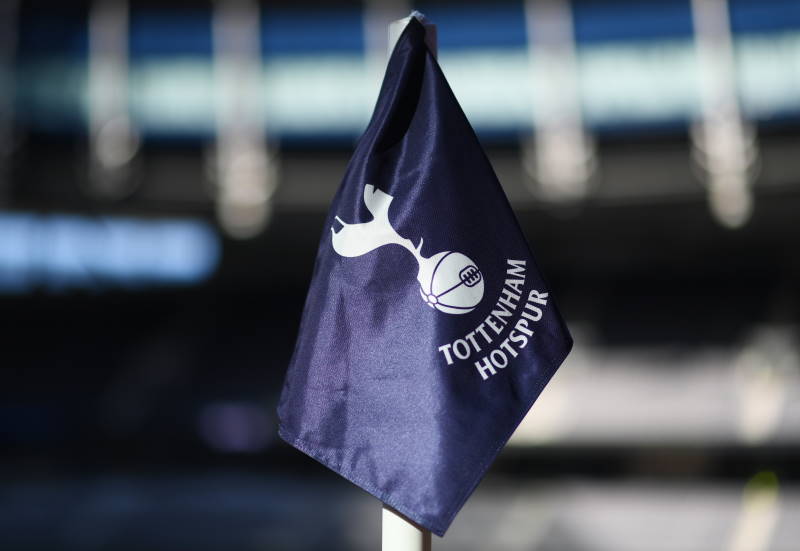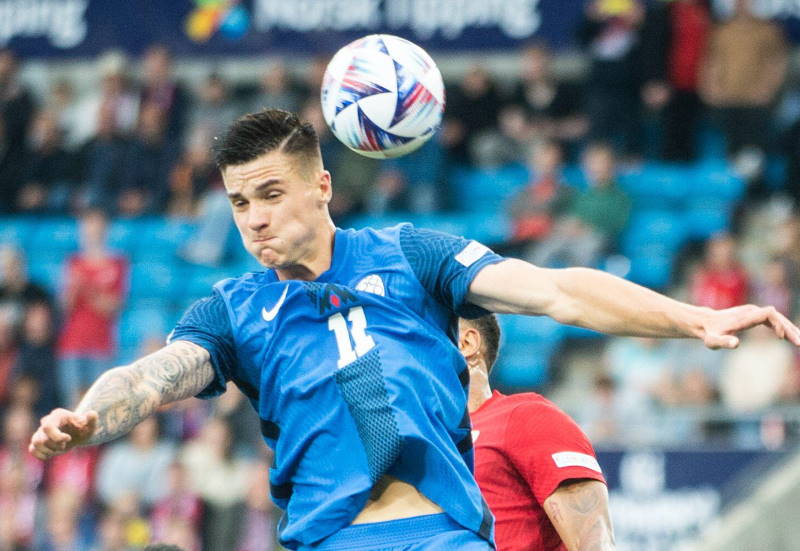
Brisbane Roar swept all before them in season six of the A-League, setting records for 25 games unbeaten and scoring 58 goals in the process. Admittedly, with extra teams this season there were more games to play, but this should not diminish the startling achievements of a team that finished ninth last time round amid an acrimonious restructuring process. Eight players in the Team of the Year and the coach recognised similarly by the PFA also stand as testament to their brilliance. Now the regular season is over, Brisbane look forward to the finals series with relish.
The sense of rebirth in the A-League can be seen all around. This season’s top three were last season’s bottom three, a startling turnaround of fortunes that is down to the coaching skills of their respective managers. Whilst Ange Postecoglou’s record with Brisbane speaks for itself this year, the less heralded Graham Arnold has also created an impressive revival at Central Coast Mariners. With much of the campaign spent looking up the table with games in hand, Arnold’s charges managed to get the points needed to snatch second spot and earn themselves a second chance finals place in the process, and this whilst blooding youngsters and playing some of the more attractive football in the league.
For Adelaide United in third, it was a season of two halves, with a strong early showing giving way to an erratic second half, whilst the rest of the finals berths were taken up by the often underwhelming and barely watched Gold Coast United, Melbourne Victory – who struggled without striker Archie Thompson and forward Robbie Kruse for large parts of the season – and Wellington Phoenix, who have backed up last year’s finals appearance with another showing this time out, but could be said to be just barely the best of the rest.
Brisbane are no doubt deserved minor premiers. Their final game, a 4-0 thrashing of Gold Coast at home showed all their great qualities as they bowed out of the regular season and in many ways it would be a tragedy if Postecoglou’s side failed to win the Grand Final itself. This is a team who deserve every award going for both their results and their style, and they will face Central Coast in a two-legged semi-final to decide who gets to go straight into the Grand Final.
Based on their season’s head-to-head, Brisbane should easily get there. They beat the Mariners 2-0 at home and then recorded a comprehensive 5-1 victory at their opponents’ Blue Tongue Stadium before twice coming from behind at the same venue to draw 3-3 in a memorable encounter. Overall seven points from nine with an aggregate 10 goals to four suggests Brisbane may have it easy, but this is anything from a foregone conclusion. Central Coast have been in good form and with youngsters such as Mustafa Amini really establishing himself in the squad, and promising forward Bernie Ibini-Isei recently scoring on his first start, there is a sense that good as they are, they remain an emerging force. With talented youngsters, a side may lack consistency, but they do gain the element of surprise. Over the two legs, Brisbane should record an aggregate win, but two score draws from teams not immune to them could see either go through where they would, in all likelihood, eventually face the other in the Grand Final.
The loser of this team plays the winner of the third to sixth place mini-tournament for that second Grand Final berth, and none of those involved will strike fear into either Brisbane or Central Coast.
Adelaide’s record against the duo is particularly poor. For a team that was unbeaten for the first 11 rounds of the season their form dropped substantially and it was a 4-0 defeat away at Brisbane that seemed to shift their fortunes to the mediocre. Admittedly enough good work had been done to keep the side in finals contention, but with just one point from their six encounters with the top two it is clear that Adelaide will suffer at the hands of strong, fast, ball playing teams. The Reds may have recorded the biggest drubbing in A-league history with their 8-1 destruction of bottom club North Queensland Fury, but were no match for Brisbane once they got going and having played the rest of the top six in their last four games and only winning once, last year’s wooden spoon winners may have peaked too soon.
Gold Coast often flattered to deceive this season, but still managed to hold Brisbane to two draws until the very last game of the regular season when, with little to play for, they capitulated away in front of a large and jubilant crowd. Against Central Coast, a record of a win, a loss and a draw suggests Miron Bleiberg’s men would be competitive if they met, but that is a big if because like first up rivals Melbourne Victory, Gold Coast have almost mastered the art of inconsistent results, which makes their tie in the semi-final playoffs perhaps the most intriguing. Whilst Adelaide should see off Wellington with relative ease, Melbourne Victory vs Gold Coast is far harder to predict.
When the two last met, and Melbourne won 2-0, Gold Coast coach Bleiberg was quick to accuse Victory of dirty tactics, but Ernie Merrick has been unwilling to get into a public war of words and instead turned to his own headaches, how to fit all his attacking options into the team, with players coming back to fitness and form at just the right time. Melbourne Victory are the only team to have beaten Brisbane all season, a result that combines with a loss and a thrilling 3-3 draw at the beginning of December. A very similar record against Central Coast suggest that the Melbourne side are the only real challengers from outside the top two, and they have the pedigree too; Twice champions and twice minor premiers, Melbourne Victory have never had to complete a full playoff series to win a prize, but they know what the silverware feels like at least.
Wellington round out the top six with a single win against Central Coast way back in round two, followed by five consecutive losses against the leading pair. More pertinently the New Zealand-based side have to travel to Adelaide for their first match of the finals series and are notoriously bad on the road with just six points garnered out of a possible 45, the third worst in the league. But there is one bright spot for Wellington, with Paul Ifill back in training and ready to board the plane to Adelaide. His involvement will no doubt be crucial if the Kiwis are to get beyond the first finals match.
History strongly suggests that Brisbane or Central Coast will win the Grand Final, but who buckles under the pressure, who gets their best team out after a tiring season and who can get their tactics spot on will no doubt play a big role. After the season they have had Brisbane deserve it all, but the finals series ensures a team is only as good as their last game and Postecoglou’s men are not entirely impregnable. For the other teams, it will be a matter of making sure they are ready for the Brisbane test when it comes.

